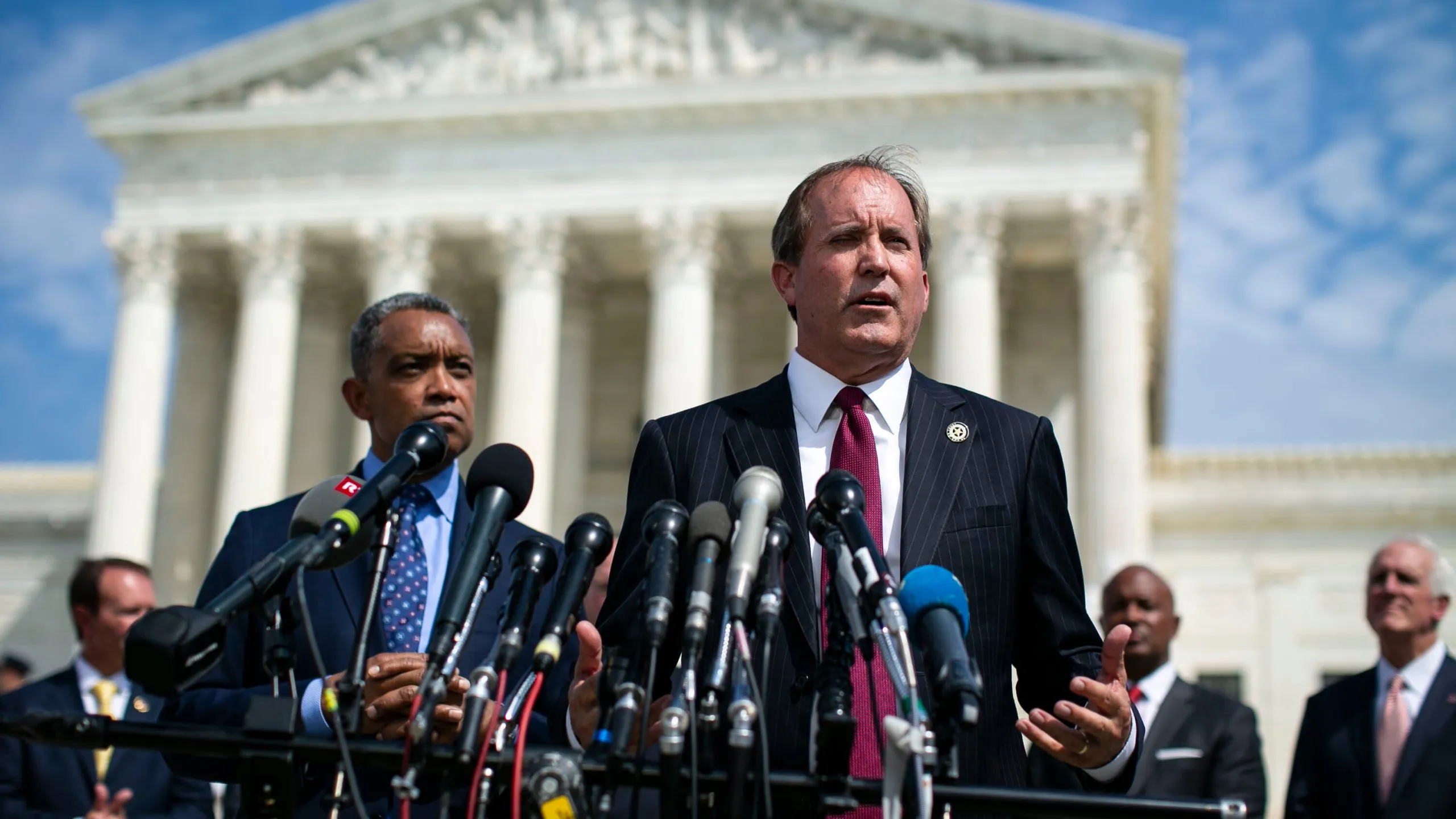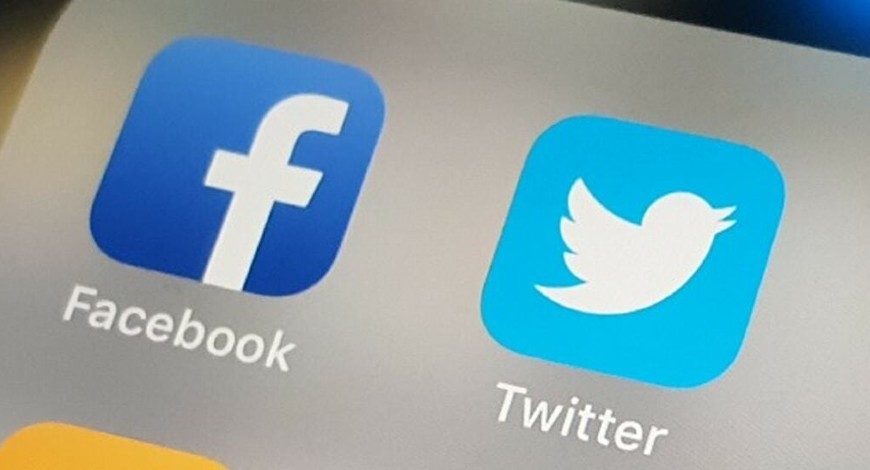US advocacy organisations for Facebook and Twitter are worried that India’s proposal to create a government tribunal to hear appeals against content moderation decisions may lack impartiality. The planned policy change is the most recent source of contention between India and global IT companies, who have long complained that tougher laws harm their operations and investment strategies.

It also coincides with a high-profile dispute between India and Twitter, in which the social media company recently sued the government in a local court to get some material removal orders revoked.
According to the June plan, social media corporations must abide by the rulings of a recently established government body that would hear user appeals of content moderation decisions. Who will be on the panel has not been disclosed by the administration.
However, internal concerns have been voiced by the US-India Business Council (USIBC), a division of the US Chamber of Commerce, and the US-India Strategic Partnership Forum (USISPF), both of which claim that the proposal raises questions about how a panel could function independently if the government controls its creation.
In an internal letter dated July 8 and addressed to India’s IT ministry, USIBC claimed that the guidelines would establish a Grievance Appellate Committee (GAC) “which is fully controlled by the (IT) Ministry, and without any checks or balances to maintain independence.”
“Such GACs may lead to excessive government regulation in the lack of participation from business and civil society.”
There has been no definite timeline for the adoption of the new Indian plan, which was open for public comment until early July.
A government-funded research tank in Canada advises “impartial dispute resolution” by a “disinterested professional organisation,” which USIBC cited as evidence of its worries. Other nations, such as the European Union, guarantee principles of “fairness and impartiality” in their appeals processes.
In a paper dated July 6, the opposing organisation, USISPF, also voiced internal concerns, asking “how can its (panel’s) independence be secured.”
Together, USIBC and USISPF represent leading digital firms like Facebook, Twitter, and Google, which frequently get removal requests from the government or conduct proactive content reviews.
Last year, tensions erupted between India and Twitter after the latter chose not to completely abide by requests to remove accounts that the government claimed were disinformation-spreading. Twitter has also come under fire for deactivating the accounts of prominent Indians, including politicians, alleging policy breaches.
Other US internet firms, including Mastercard, Visa, Amazon, and Walmart’s Flipkart, have encountered a number of problems with Indian data storage laws, higher compliance standards, and various foreign investment laws that many executives claim have a protectionist bent.
According to the Indian government, it was compelled to make the announcement of the new regulations in order establish “new accountability norms” for major social media companies.
The suggestions also urge businesses to “respect the rights provided to customers under the Constitution of India” since they have “acted in breach” of such rights, albeit they do not identify which ones.
Both the USIBC and the USISPF state in their filings that they don’t think this method can be used to uphold basic rights in India.

